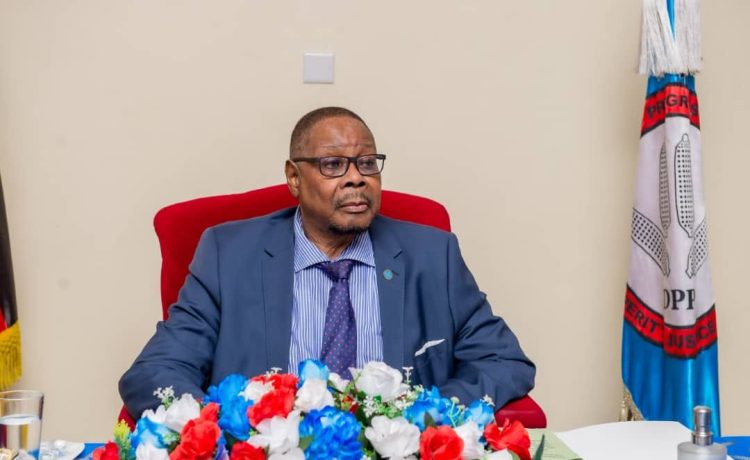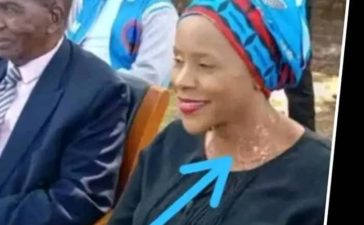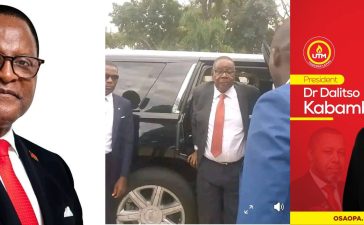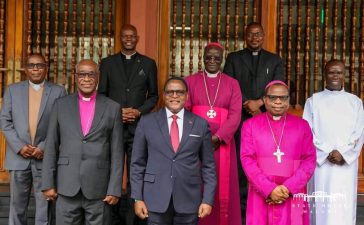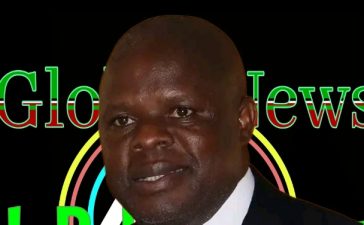In the lead-up to the 2014 elections, the incumbent President Joyce Banda, spearheading her own Peoples Party, tirelessly campaigned nationwide, seeking to clinch the presidency. However, her efforts were marred by numerous blunders, notably the infamous Cashgate Scandal, which severely undermined public trust in her leadership abilities. Additionally, she was perceived as a clueless figure, ultimately suffering a humiliating defeat at the hands of Peter Mutharika of the DPP.
While Mutharika himself was far from an exemplary leader, Banda’s party lacked the seasoned reputation of its competitors. In today’s political climate, with the 50% plus one rule in play, the MCP would have emerged victorious in a subsequent round of that election. The MCP boasts a formidable support base, particularly in the central region, while the DPP has demonstrated strength in the Lomwe belt. On the other hand, the Peoples Party lacked any significant stronghold.
In 2014, Lazarus Chakwera, then a late entrant into the political arena, failed to gain traction against established players like the DPP. Furthermore, within Banda’s camp, the individuals entrusted with wielding real power were embroiled in internal power struggles, engaging in corrupt activities and undermining each other’s positions in a manner reminiscent of a criminal syndicate.
In contrast, the current Chakwera administration has appointed competent figures like Richard Chimwendo Banda, Chithyola Banda, Sosten Ngwengwe, and Samuel Kawale, who are committed to ensuring Chakwera’s reelection. Unlike their predecessors, they prioritize unity and effectiveness over personal agendas, bolstering the MCP’s electoral prospects.
The power of incumbency has its allure, attracting opportunists seeking to align themselves with the ruling party. Figures like Uladi Mussa and recent MCP converts Ephraim Mganda Chiume, Mariam Chimbalanga, and Welani Chilenga bring their supporters into the fold, further eroding the DPP’s voter base.
Moreover, Peter Mutharika’s uninspiring leadership style poses a significant hurdle to the DPP’s return to power. Known for his pettiness, short temper, and familial approach to party affairs, Mutharika alienates potential supporters and fails to provide visionary leadership. His advanced age compounds these issues, presenting a sharp contrast to Chakwera’s thoughtful and strategic approach to governance.
In light of these factors, Chakwera and the MCP are poised to secure another term in office in 2025, dealing a fatal blow to the DPP’s prospects. Resurrecting the DPP after a decade in opposition will be an arduous task, with Mutharika bearing responsibility for the party’s decline into irrelevance.

